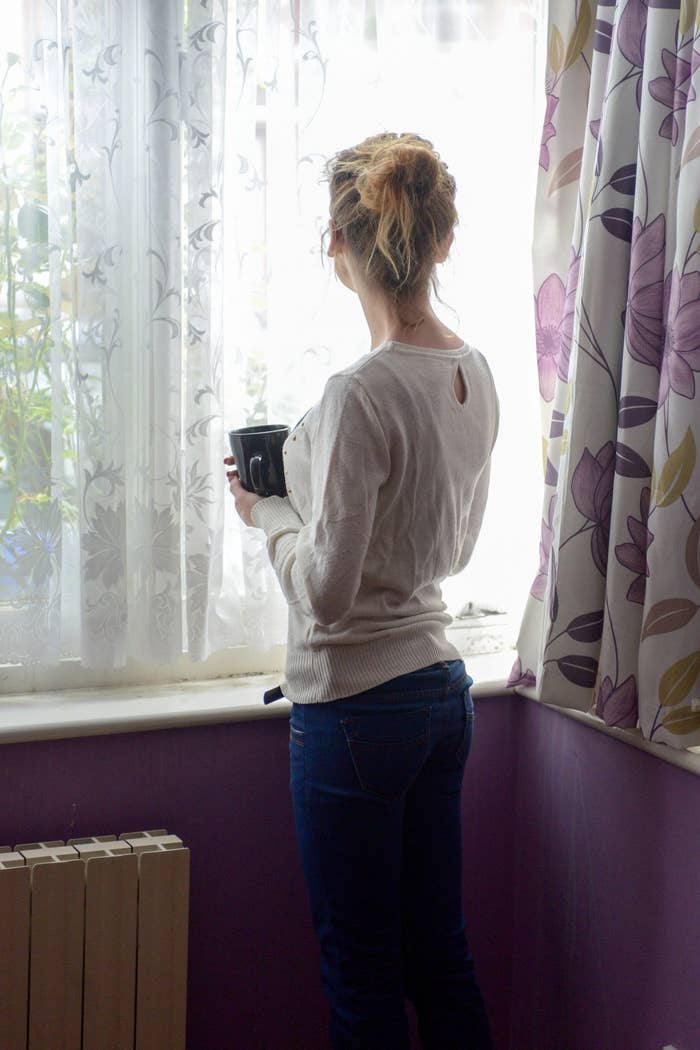
The young woman's eyes fill with tears as she remembers the terror of her life back home.
Emma, not her real name, was happily working as a hairstylist in Albania and studying business part-time when she met the man who would ruin her life.
He told her he loved her and promised to help her set up a new modelling business. Instead, she was taken to a warehouse where she was sexually exploited and moved around Italy and Germany for months on end as he made more and more money from her.
The 23-year-old spoke to BuzzFeed News in her safe house on Friday as new measures in the Modern Slavery Act – aimed at wiping out the horrific trade once and for all – came into force.
Her mug of tea shaking in her fragile hands, Emma slowly recounts her experience in faltering English. "He pretended he loved me and he just wanted money. He lied to me. It was a mess."

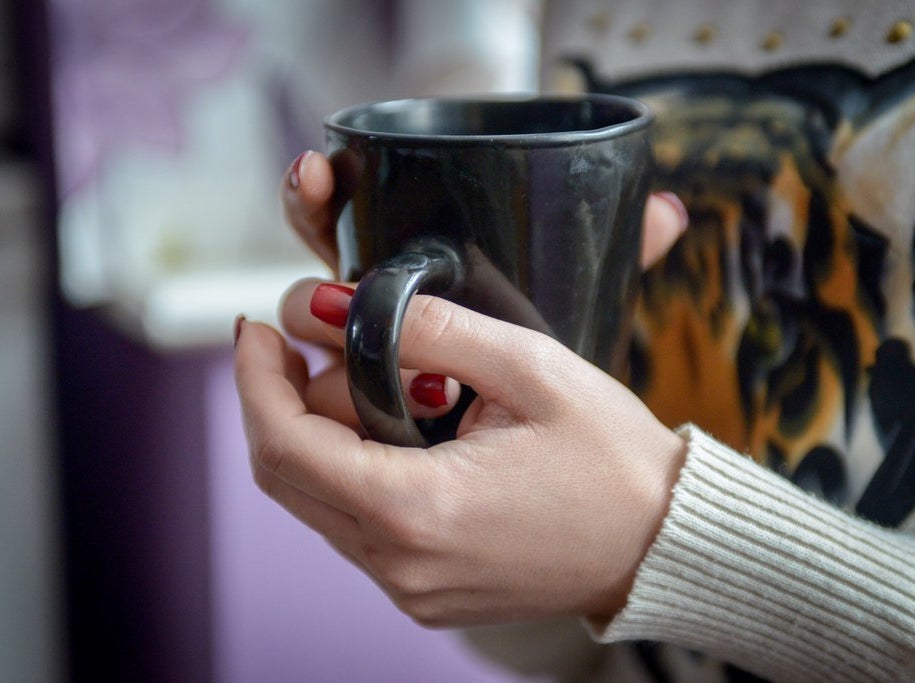
When Emma finally managed to escape the man's clutches and go back to her hometown, she was disowned by her family. Her hands shake as she remembers being thrown out just when she needed her parents most.
"I return in my home, my father didn't accept me," she says. "Albania is a very small country, everyone knows each other. There was no choice but to leave. The brother of my friend helped me; I got a lorry for three days. I didn't know where I was going really. It was very cold, there was fruit inside. I arrived here."
Unable to speak any English, Emma was terrified when she first arrived in London. She met an Albanian woman in a park who told her to contact the Home Office for help. After weeks in a shabby hostel, she was finally placed in a safe house in the outskirts of London with five other women.
Now Emma is studying business again so she can achieve her dream to run a chain of hair salons in the UK. "Everything is different here, my life is changed now," she says. "I'm safe. I just want to leave everything behind me. I want to forget everything that happened – I want to have real life."
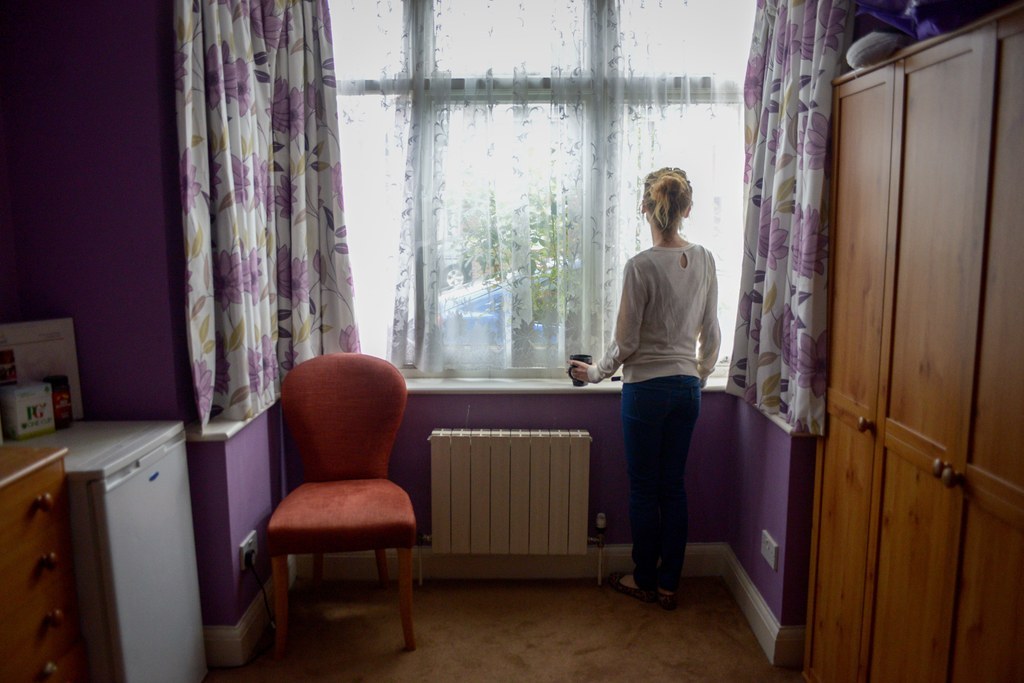
The safe house is run by charity Hestia on behalf of the Salvation Army, which is paid by the government to provide refuge and support for adult trafficking victims. It is friendly and cosy, with a ground-floor kitchen and living room where the women gather to make tea and chat.
Home Office research out last year suggests there are between 10,000 and 13,000 victims of slavery in the UK. They include women forced into prostitution and domestic servitude and workers toiling in factories, fields, and building sites. Many victims are people trafficked from other countries – with Albania, Romania, Vietnam, and Nigeria top of the list.
The Modern Slavery Act, passed by parliament in March, is one of the first laws in the world to specifically address slavery and trafficking in the 21st century. Its measures include hiking the maximum sentence for the most serious offenders from 14 years to life, and giving the courts new powers to order perpetrators to pay compensation to victims.
The man who ruined Emma's life is currently not being investigated by police. But ministers hope the new legislation and the protection it will give victims will hopefully encourage more people to come forward – putting more traffickers behind bars.
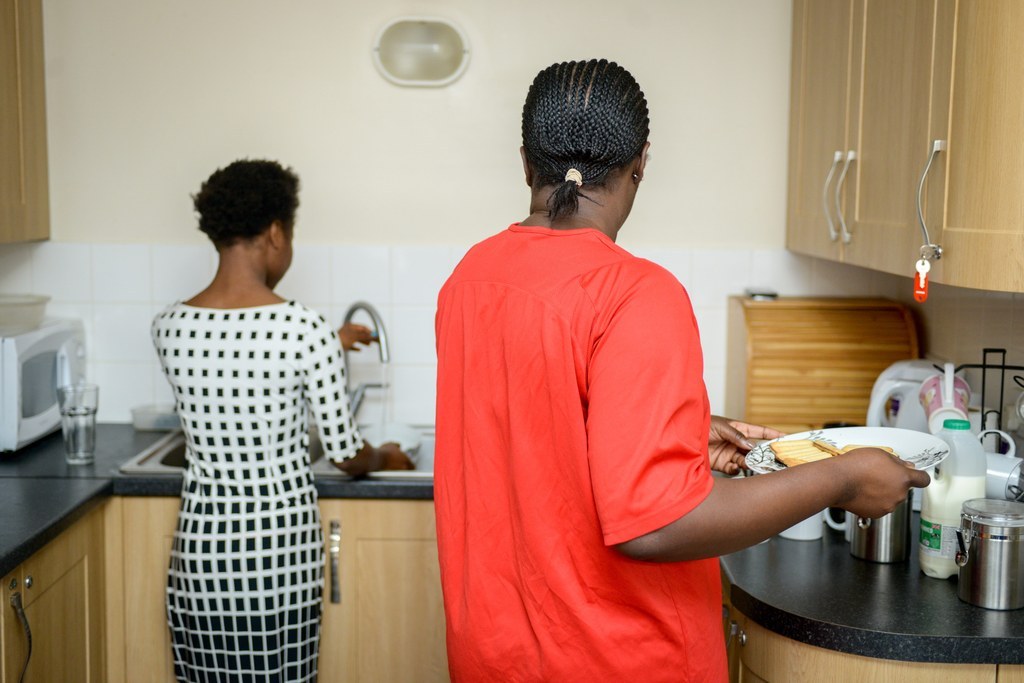
Karen Bradley, the first minister for preventing abuse and exploitation, said the new law should send a "strong message" that Britain will not tolerate slavery.
"We want to see more victims come forward," Bradley told BuzzFeed News. "They should feel safe and secure coming forward, knowing that they've got protection in the law. We need to get the evidence required to prosecute the perpetrators and see them come to justice. We've got to break the cycle. I've met far too many victims over the last 18 months or so where the perpetrator is still out there."
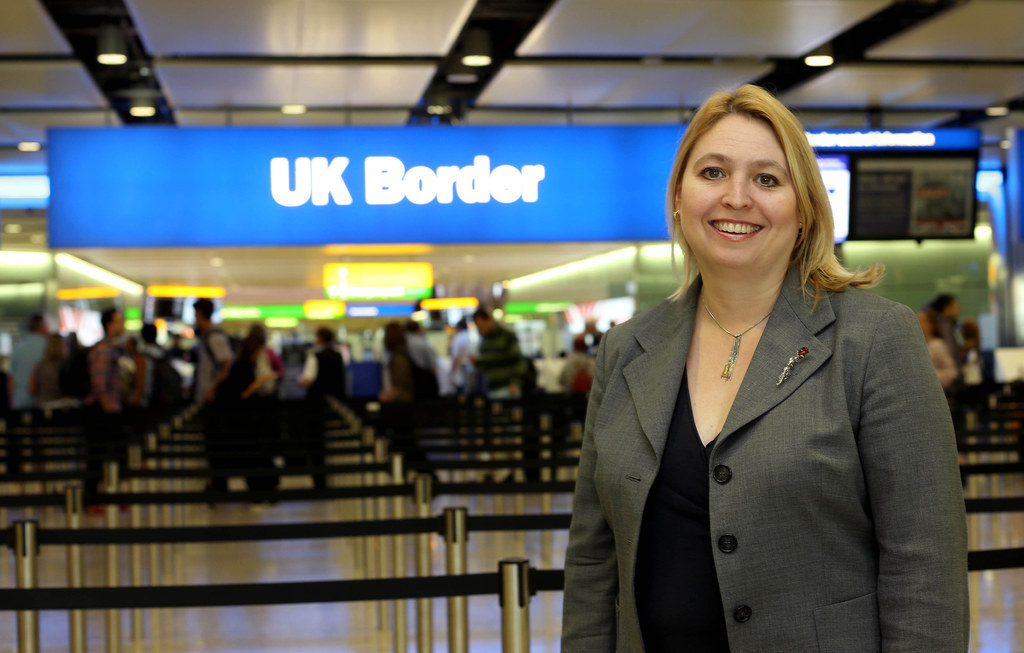
Anne Read, the Salvation Army's director of trafficking and modern slavery, told BuzzFeed News that many victims are held in plain sight.
"Man's inhumanity to man never ceases to shock, and the way that victims are treated is absolutely appalling," Read said.
"The fact that people can buy and sell a person as if they are a commodity is absolutely shocking. I think people tend to think trafficking is happening somewhere else, maybe in the big cities, but the fact is most of the victims who come to us have been held in a slavery-type situation in your average street."
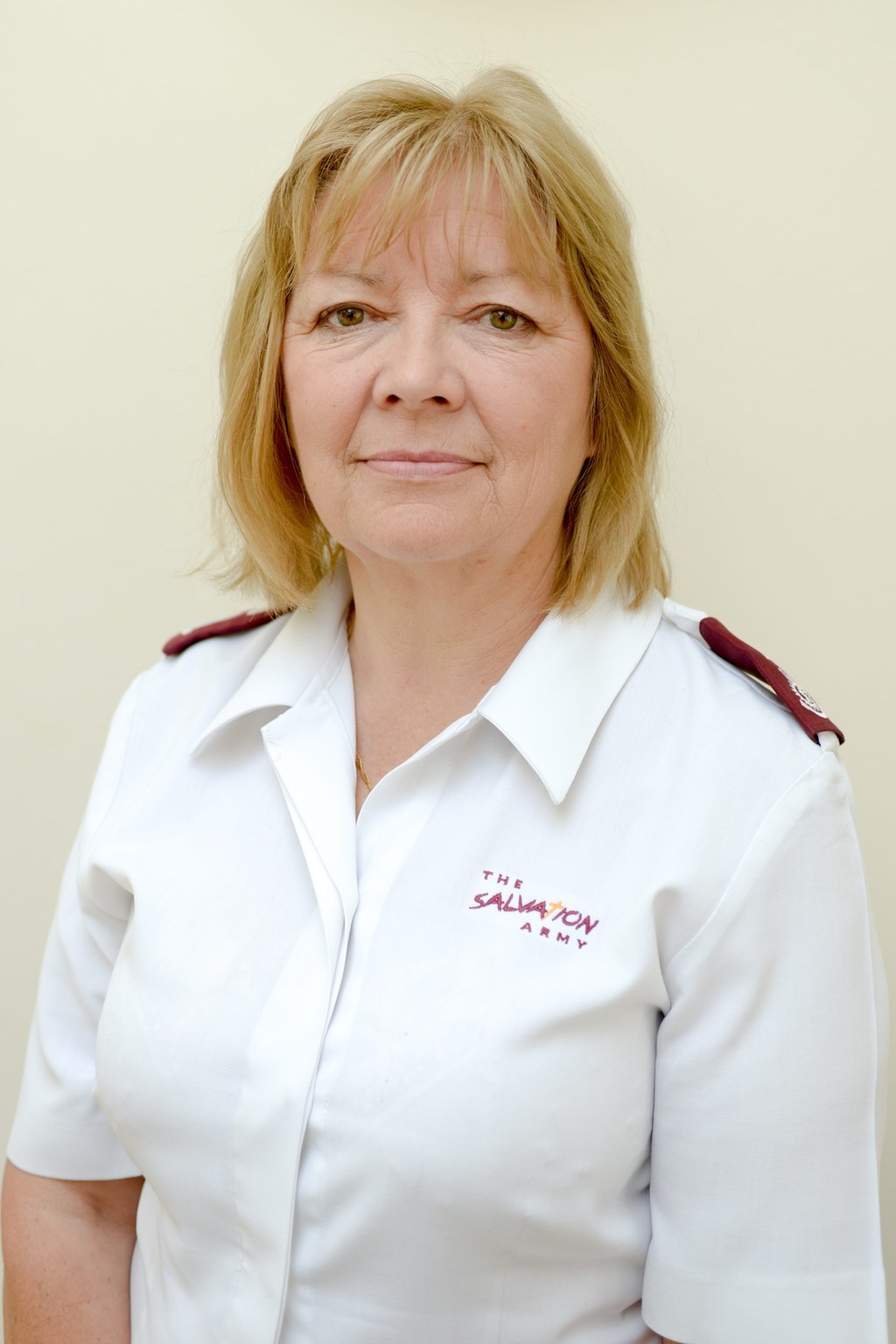
Read echoed Bradley's message, urging people to watch for signs that workers are being exploited.
"It's really important that we act on our gut feeling that something's not right," Read said. "See what you can find out without being intrusive – if somebody seems frightened or looks out of control in some way or isn't wearing the right clothes for the job they're doing, there are things that will give an indication something's not right. Often there's no harm done, but there could be a lot of good that comes out of it."
For more information on how to spot the signs of modern slavery or report it, visit modernslavery.co.uk or ring 0800 0121 700.
